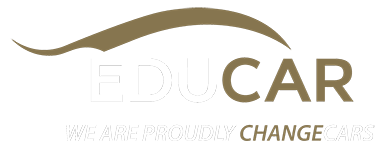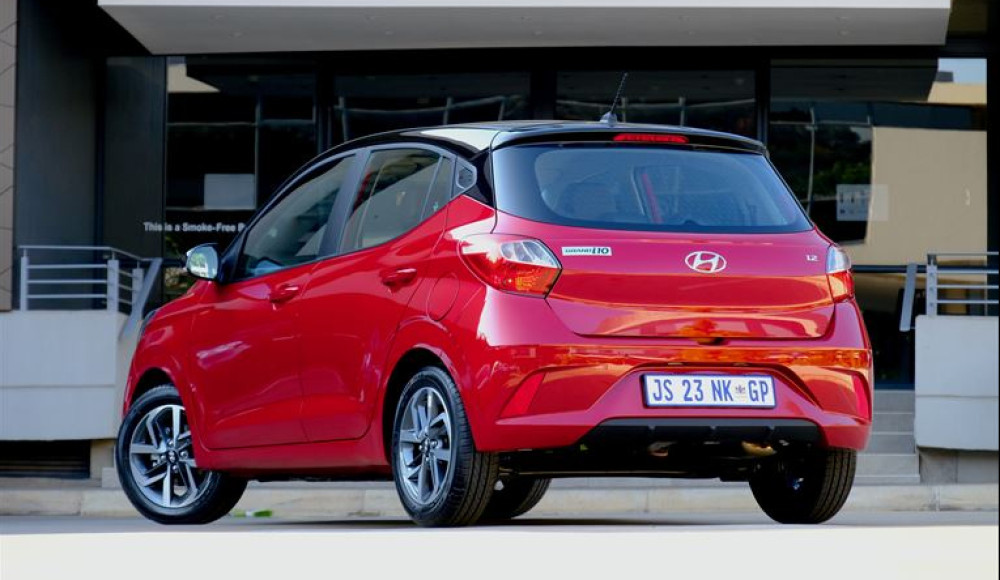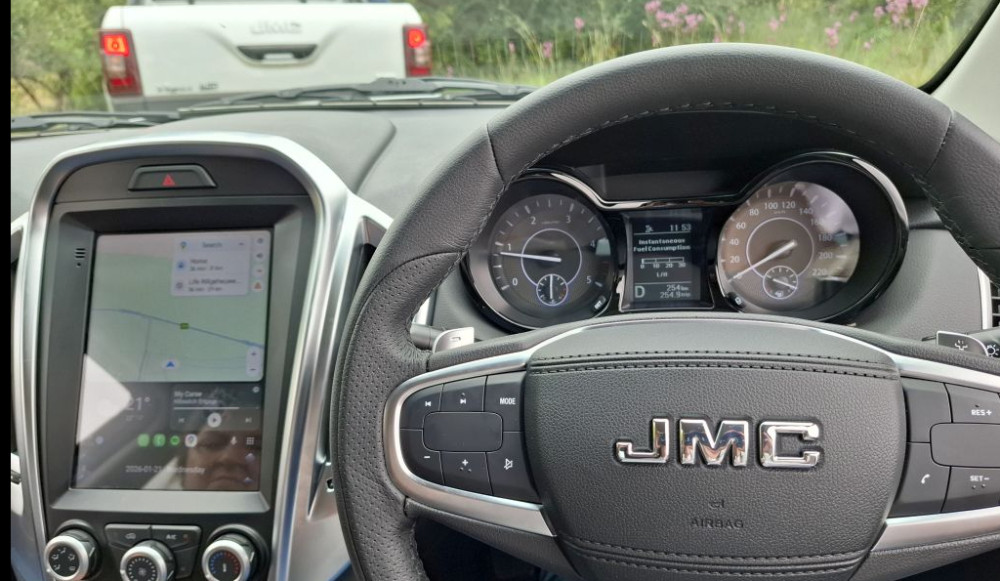Ahead of the rollout of the AARTO (Administrative Adjudication of Road Traffic Offences) on December 01, business owners are being advised traffic fines for business vehicles will no longer be tied to the company proxy’s personal ID, instead, they will be linked directly to the organisation’s Business Registration Number (BRN) on the ENatis system.
This shift means companies, not individual managers, will bear legal responsibility for paying fines issued to their fleet vehicles. Failure to settle these fines will result in the company’s BRN being blocked on ENatis, effectively halting vehicle renewals, new registrations and other essential fleet operations.

Starting or running a small business and in need of a bakkie – click here
According to Barry Berman, CEO of Fines SA: “AARTO changes how accountability works for fleets, and every company will have its own BRN, and all traffic fines are tied to that number. If those fines aren’t paid on time, the business itself - not just an individual - is affected. Vehicles can’t be renewed or transferred until the outstanding fines are cleared. For large operations, that’s a potential logistical nightmare.”

We’ve got you covered – for the best insurance deal click here
Fleet and logistics operations represent a major portion of South Africa’s total traffic fines. In 2023, motorists across major jurisdictions owed more than R3,16-billion in outstanding fines, with municipalities reporting that fewer than 20% were ever finalised or paid. This low compliance rate combined with AARTO’s national tracking system will make non-payment virtually impossible to ignore.
“Under AARTO, there’s no hiding behind paperwork or missed notices,” says Berman. “Every fine becomes traceable under a company’s BRN, and unresolved penalties can block an entire fleet from operating legally. Businesses must start auditing their fines and implementing verified payment systems now.”
Once the AARTO demerit system officially launches, companies will also be required to nominate the driver responsible for each offence, transferring the demerit points to that individual’s ID number. Until then, however, all fines remain linked to the company’s BRN, meaning the business must pay first and then recover costs from the driver internally.
“For now, the company carries the legal burden,” Berman adds. “If a driver incurs a fine, the business must pay it to stay compliant, and then recover the funds from that driver. Once demerits are active, driver accountability will become clearer, but payment responsibility will always start with the company.”
Colin Windell for Colin-on-Cars in association with
proudly CHANGECARS












